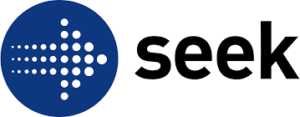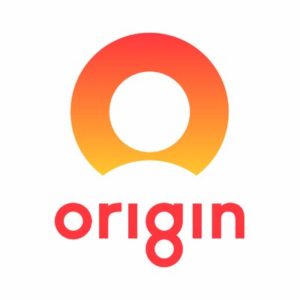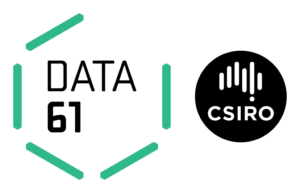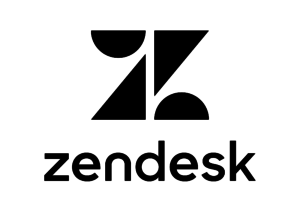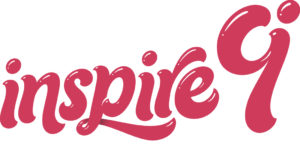When – and how – does a startup decide they need a product manager? And what sort of challenges will the first product manager at a startup face?
Those & more questions will be put to our panel of startup founders.
RSVP now for Thursday Nov 22nd
If you’re a product manager at a startup, considering a role as the 1st product person at a company or a founder, come along to hear from our panel of founders – what’s their experience been, why did they decide they needed a product person, etc.
Our panel
Danielle Bodinnar, CEO of Karista
Danielle is a passionate entrepreneur and mother of two, who has held senior management positions in sales, marketing, supply chain and project management in large corporations for over 20 years. She founded Karista after being inspired by the changes emerging in the healthcare industry.
Doug English, Founder & CTO at Culture Amp
Our facilitator for the eve is George Tsigounis who has been the 1st product manager at a startup!
RSVP for Sharing your baby with a product manager on Thursday November 22nd
This is the last Product Anonymous of 2018 so we will definitely be going to a pub after – consider it your 1st xmas party of the season!
 Thank you Culture Amp for hosting!
Thank you Culture Amp for hosting!


